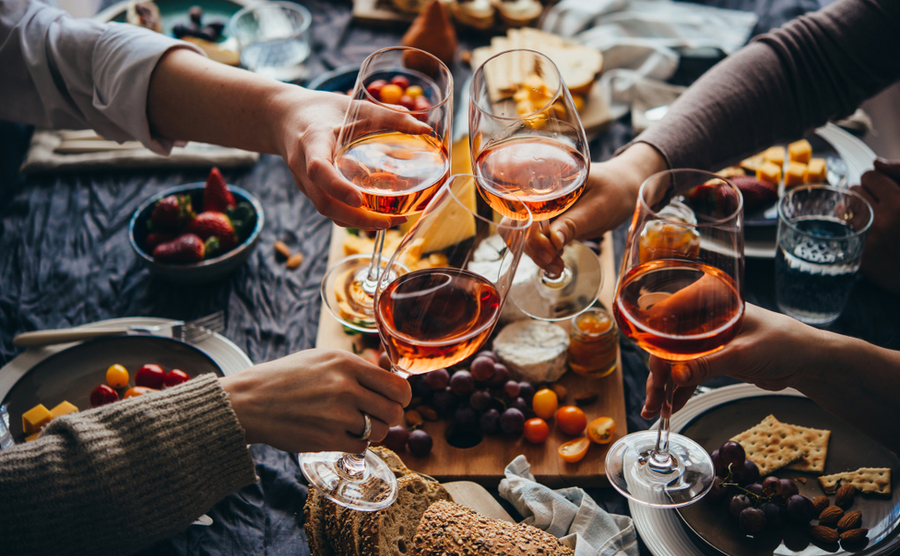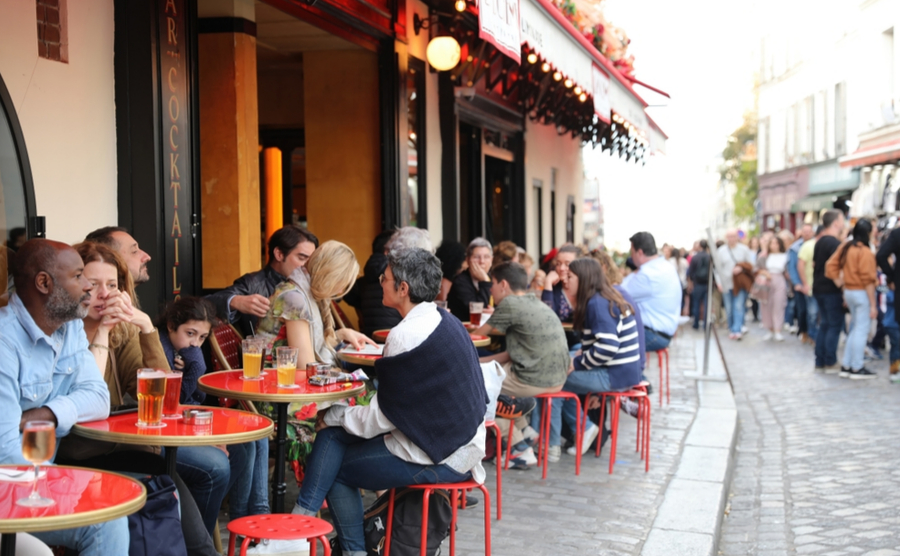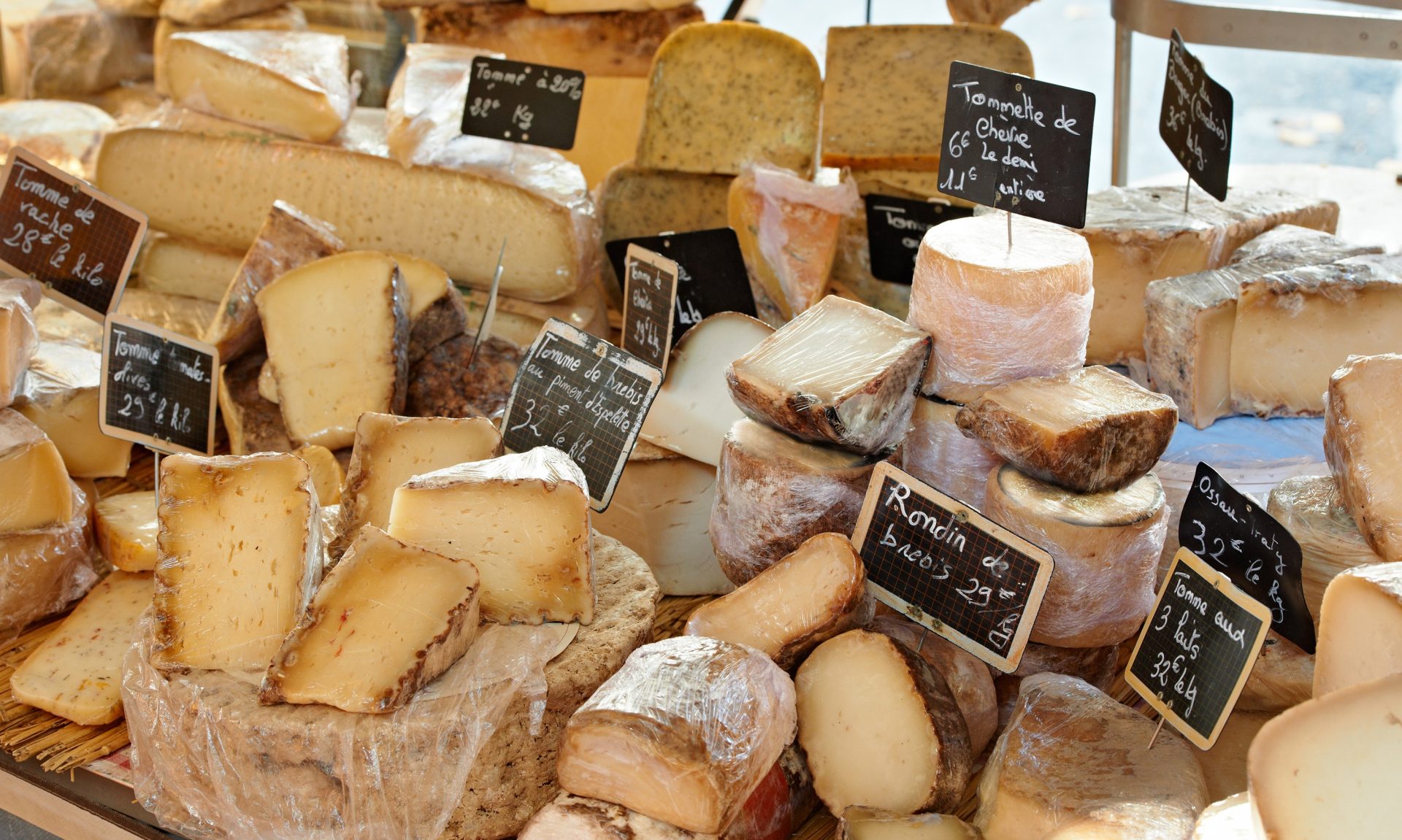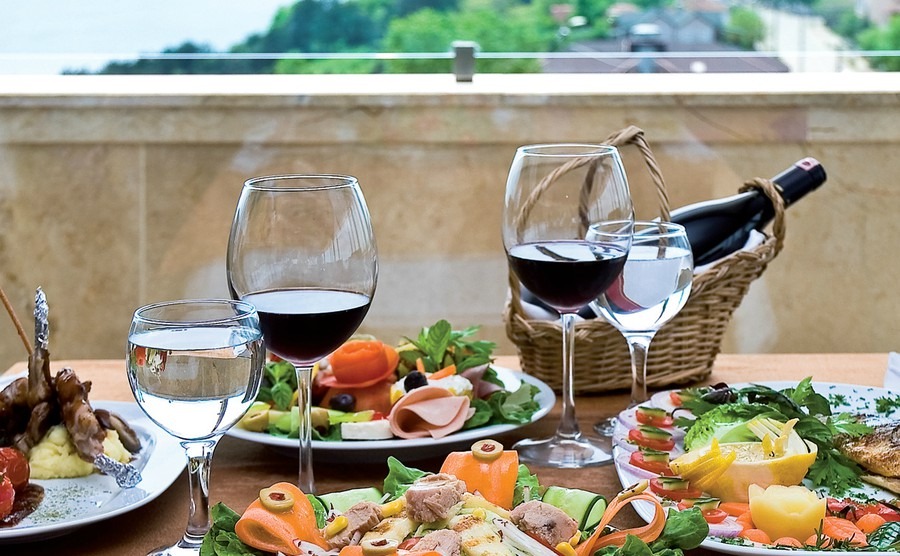The excitable buzz of throngs of people socialising over drinks during sunny days on open terraces is an image that defines France. France is a nation that certainly likes a drink. But perhaps not in the same way as some other countries.
So, what is the reality of French drinking habits? Do they really drink as much as we think? Or is it a false stereotype? More interestingly perhaps, what and how do they drink? And why, unlike in some other countries, are they not a nation of people with a reputation for committing alcohol fuelled drunken acts of tomfoolery?
Firstly, yes, make no mistake, the French certainly do like a drink. Perhaps, however, not quite as much as the perception. In fact, French alcohol consumption has been steadily decreasing since the 70s when it reportedly stood at 23.2 litres per person per year decreasing slowly year on year to 11.7 litres per person per year by 2017. Surprisingly perhaps, according to a 2019 report, France actually came 10th on the list of EU countries with the highest alcohol consumption per capita for adults.
Find homes in France via our property portal.

Say ‘Santé’ in French when toasting with friends
France compared to other countries
So how and why are French drinking habits so different from perhaps, the UK? Well, the answer is threefold. Firstly the French never simply drink to get drunk. They also very much tend to follow the slow and steady method, rather than binge drinking, and also drink water alongside. They only drink with food, whether that be a full-on meal or aperos (copious snacks and nibbles) with friends. In fact, wine is effectively viewed as food in France. They also tend to drink more at home than always in bars. In summary, they are not actually “better” drinkers, they just choose to do it very differently.
Because food and drink are such a key part of life in France, you don’t have to wait until the working day is over to race down to the pub as quickly as possible. Drinking is more an acceptable part of everyday life and socialising here. Be that with friends, family, colleagues or for work meetings. Bars that open early doors serving morning coffees are just as likely to serve alcoholic beverages alongside. They also tend to stay open later. And for the most part, people who start the day with a brandy or a cognac in France are in fact, en route to a day’s work rather than simply intending to stay at the bar all day long.

People drinking outside a French bar in Paris, 2023. Image: Sibuet Benjamin via Shutterstock
French attitudes to drinking
Because alcohol is not purely seen as a means to an end to getting drunk, French drinking habits differ vastly from some other countries. This could be due to the way alcohol is viewed as an extension of food and conviviality, therefore there is not the same stigma attached to alcohol in France. Children are not kept away from alcohol until adult age. In fact, many youngsters drink beer as an aperitif or wine with a meal with family, at an age that we may consider fairly early.
Perhaps due to this acceptance of this being the “norm”, alcohol is not usually seen in France as a method to rebel or “act out”. Because what point is there to doing something you have already been allowed to do within your family environment? However, of course, that’s not to say that alcoholism doesn’t exist in France.

Wine and cheese pairings are immensely popular in France
Drink as an extension of meals
Whatever your line of work, lunch in France is paramount. Perhaps the most important meeting of the working day! Normally, a big meal is eaten at lunchtime, rather than in the evening. Although, perhaps both if meeting with family and friends later on. French drinking habits dictate that no self-respecting person would, in general, be able to enjoy good food at lunchtime, without the accompaniment of good wine. Certainly none of this ramming a plastic sandwich down their throats, whilst running from one meeting to another – absolutely unthinkable. Once a meal is finished, if the wine isn’t, the wine will be left, rather than drunk rapidly for the sake of it.
In France, food and drink are simply seen as the same thing. In fact, rather than even an hour off at lunch, it is not beyond reason to take two. Many shops shut for two hours in the middle of the day for this purpose. In order to allow coworkers to either eat together or return home to eat with family. There is no staggering of lunchtimes. The French definitely work to live rather than the other way around.
Changing French drinking habits
Despite the French being famous for both their wine production, as well as consumption, it actually appears that French drinking habits are slowly evolving. Although wine consumption is still high, and probably always will be, vineyards have been alarmed at reports that people are starting to broaden their horizons when it comes to what they choose to drink.
The popularity of IPA beers is increasing rising in France with increased production both produced domestically and introduced by residents relocating here from other countries. It is also reported that within the younger generation, the popularity of beers and spirits is on the rise.
Find your dream home on our France property portal today
French drinking etiquette
It may come as no surprise, that for a nation that prides itself on etiquette, there is a very clear one with regard to French drinking habits. Firstly, wine is normally what one drinks only to accompany a meal, rather than as an afternoon drink in the sun. Don’t forget that even before that, there is the famous apero. Snacks and nibbles as the precursor to the main drawn-out event. Wine is not normally drunk for this. The possible exception to this is rosé, but never ever red wine. Rather pastis, beer, kir, champagne, vermouth, pineau des Charentes or similar are more the norm.
When glasses are filled, be careful not to appear too eager. It is not the done thing to drink until the host has poured everyone drinks and gives the signal to go ahead with a “sante”. Direct eye contact should be made during the “santé”. The first sip should be exactly that – merely a sip then firmly set down. Women are not normally expected to fill their glasses. That’s the job of the man accompanying them or sitting next to them!

Wine is less a drink alongside a meal, but part of the taste and flavour
Wine with a meal
To accompany the meal itself, wine of whichever colour the host deems suitable to accompany the course. And believe me, several courses can cover all available colours. A notable element of French drinking habits is that water is definitely and routinely drunk alongside. They are explaining perhaps why, along with the food consumed, you rarely see people staggering out of restaurants.
Then, of course, no meal is really at an end without a digestif. The idea of this is to drink something with a high alcohol content in order to aid digestion. Typically French digestif choices are Cognac, Armagnac, Whisky and Port.
So, there we have it. Whether the French drink more than other nations is up for debate. The perception may always remain that they do. But in fact, as with many other things in life, they just take pride in the fact that French drinking habits mean doing it very differently. Santé!










